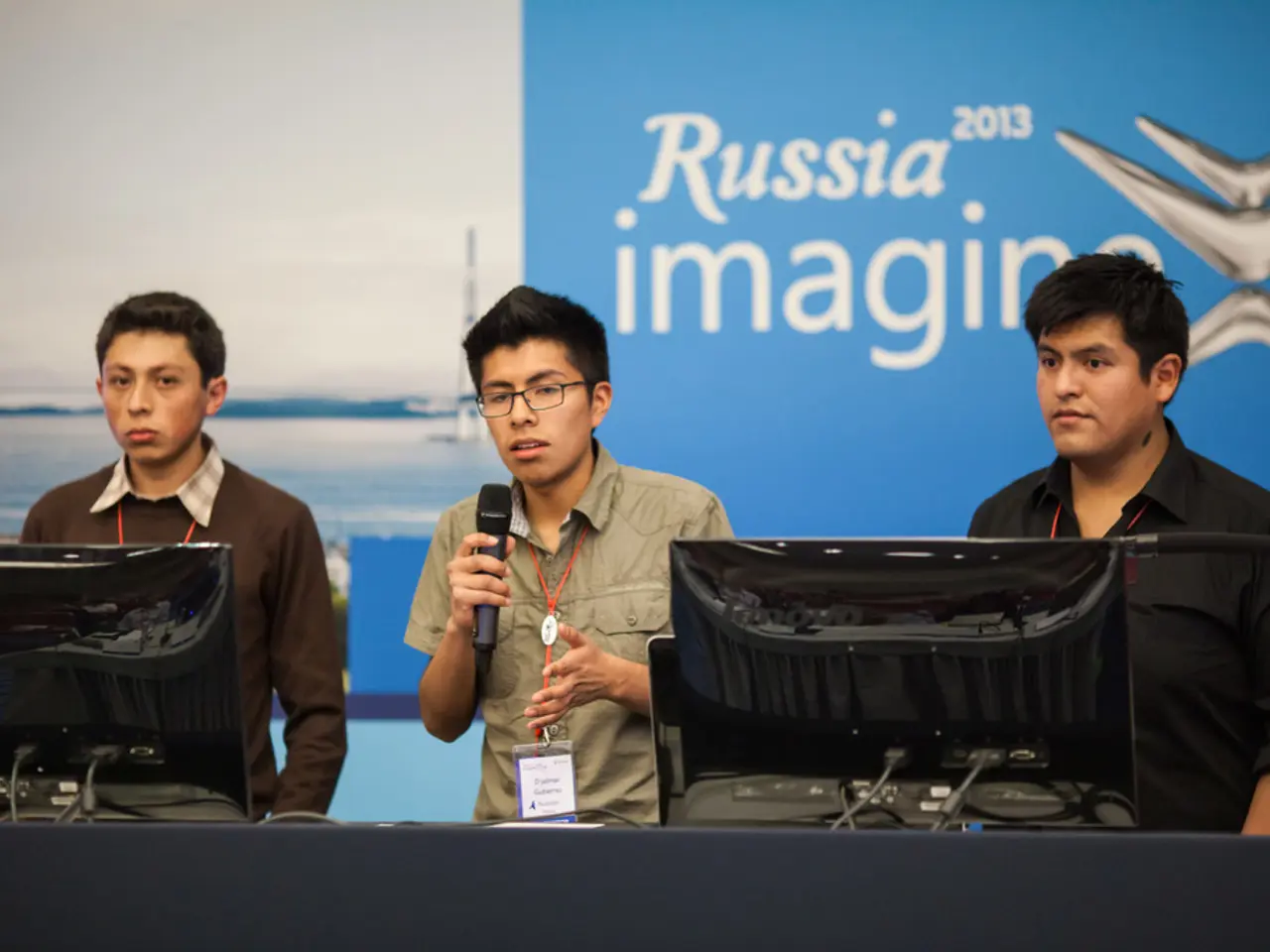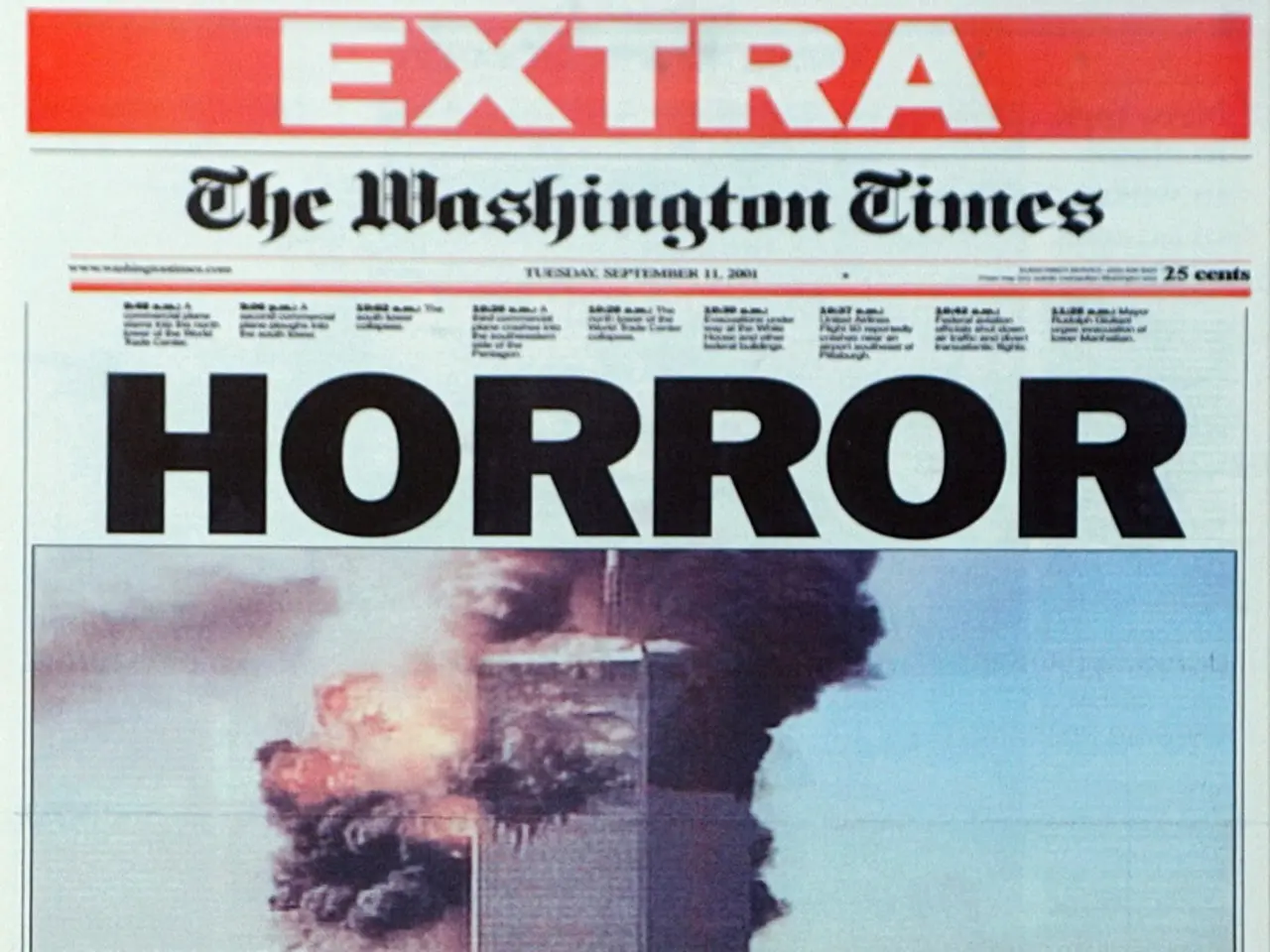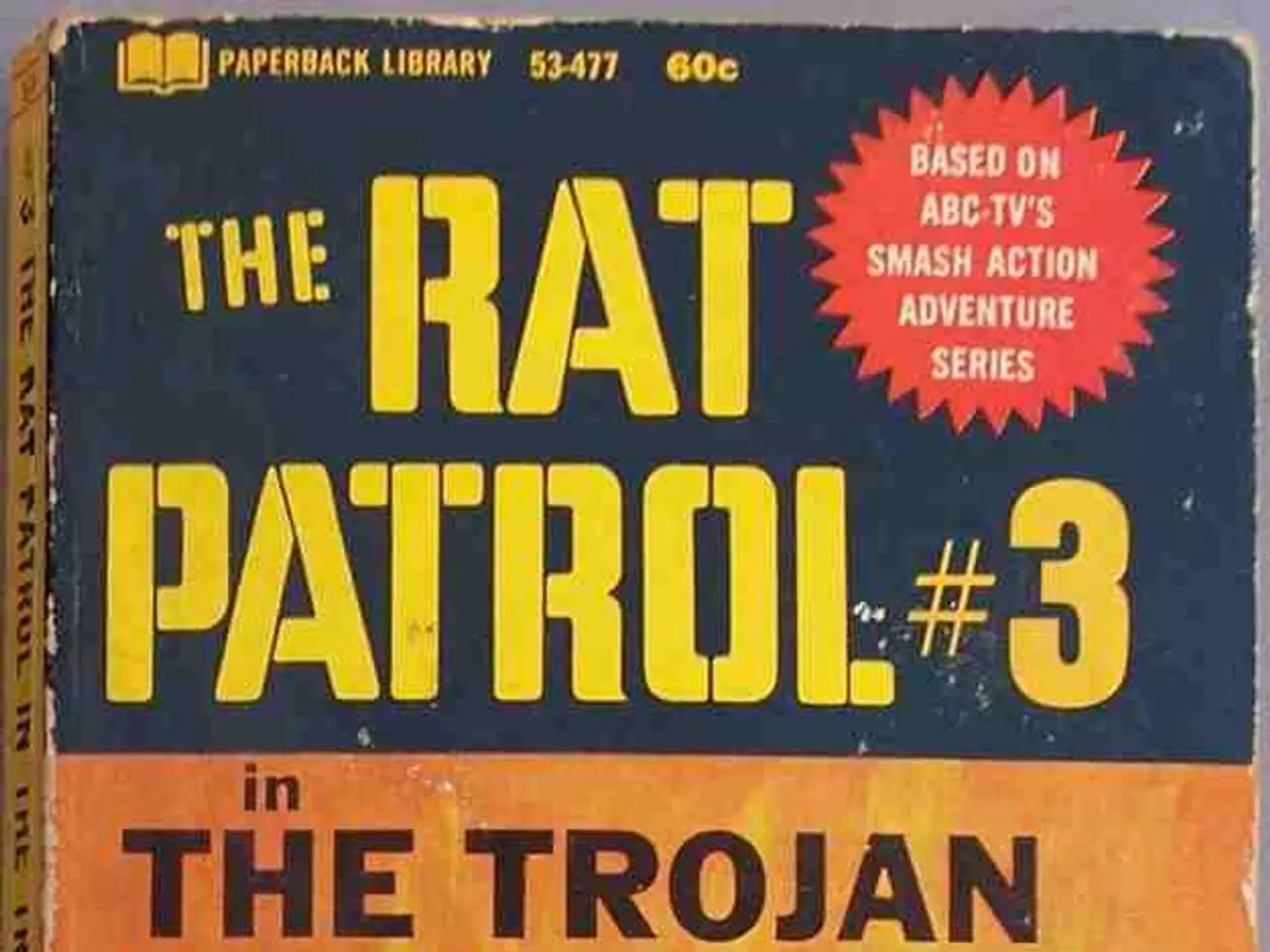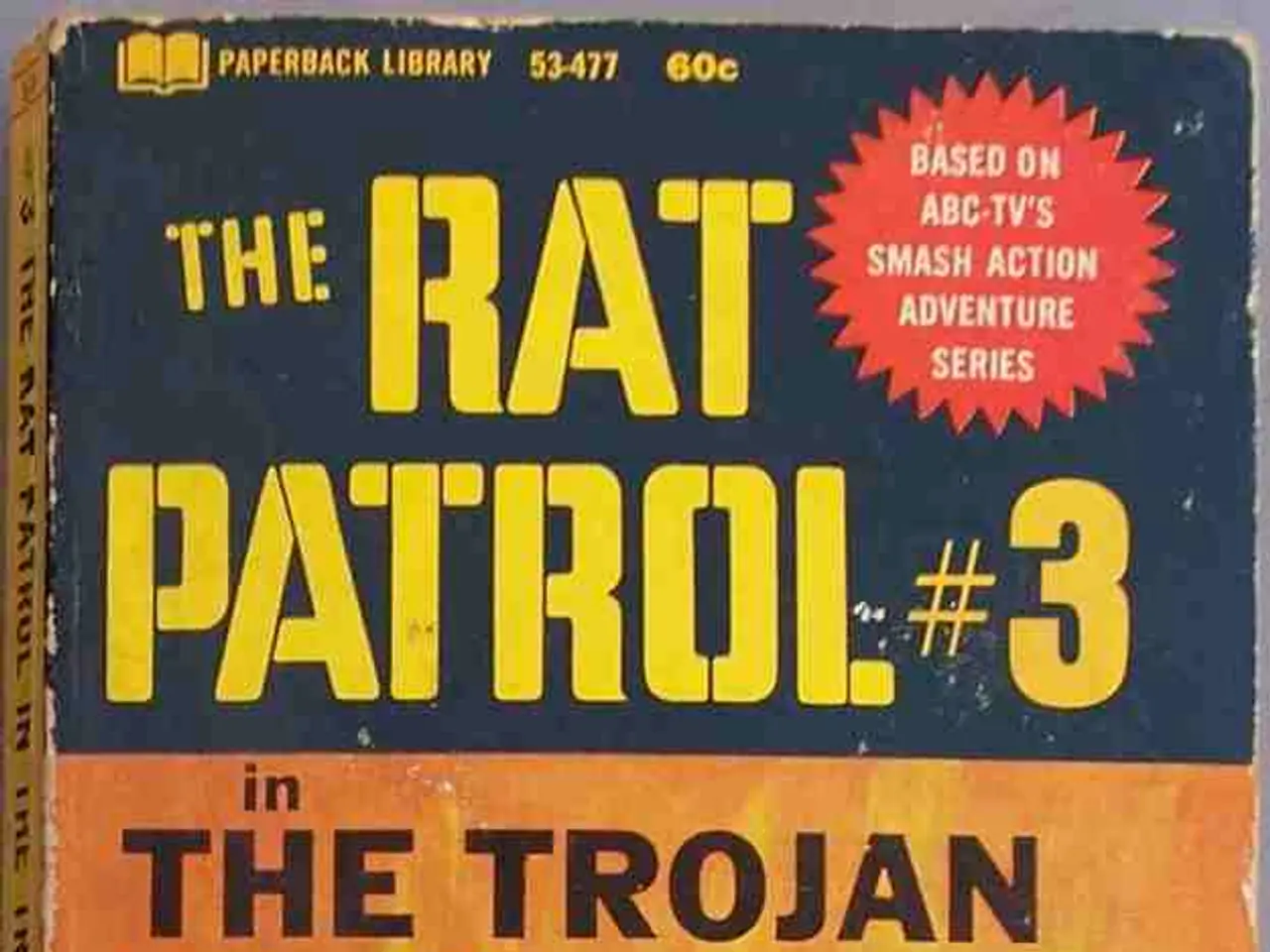Trump openly criticizes Russia's actions in Ukraine, labeling them as repugnant
In the face of renewed attacks by Russia on Ukraine, President Donald Trump has expressed his disapproval, calling the Russian actions "reprehensible." However, the potential implementation of sanctions against Moscow is fraught with challenges.
According to Ukrainian President Volodymyr Zelensky, the technology embargo against Russia has not been consistently enforced. Zelensky has called for a more stringent enforcement, stating that every route for delivering components to Russia for their combat drones and missiles must be blocked.
Trump himself has expressed doubts about the effectiveness of sanctions on Russian President Vladimir Putin. The limited impact on Russia's war calculus is a significant challenge. Trump has questioned the efficacy of threats like 100% tariffs on Russian oil buyers such as China and India, noting these may or may not affect Russia given its willingness to continue the war.
Another key challenge is the congressional approval and waiver authority. Although Trump is ready to sign tough sanctions bills supported by GOP hawks, he demands revisions to increase presidential control by reducing congressional oversight. This negotiation with Congress over the scope of the president’s authority could delay or limit sanction enforcement.
The renewed attacks by Russia on the night of [unspecified date] resulted in the death of 16 people and over 150 injuries. Since Wednesday evening, Russia has launched 309 drones and eight cruise missiles at Ukraine, according to the Ukrainian air force.
In response to the situation, Trump has stated that he will impose further sanctions. Ukrainian President Volodymyr Zelensky has shown parts of found Russian combat drones and missiles to the ambassadors of EU countries in Kyiv. Ukrainian specialists have found many electronic components from China in the hundreds of Russian combat drones used, which are originally of Iranian origin.
However, China is not participating in the technology sanctions against its ally Moscow. This, coupled with the fact that Russian weapons often contain components from European countries or the USA, although their export to Russia is prohibited, adds complexity to the sanctions issue.
The potential challenges Trump faces in imposing sanctions on Russia amid the Ukraine conflict include these key issues: ensuring meaningful pressure on Russia despite limited direct trade impact, managing legislative hurdles around sanction powers, overcoming prior diplomatic leniency, and applying sanctions as credible leverage within short and politically tense timeframes.
[1] "Sanctions on Russia: Challenges and Opportunities," Council on Foreign Relations, 2025. [2] "Trump's Russia Policy: A Shift Towards Accommodation," The Brookings Institution, 2025. [3] "Trump Wants More Control Over Sanctions on Russia," The New York Times, 2025. [4] "Congressional Negotiations Over Russia Sanctions," The Washington Post, 2025. [5] "The Impact of Short Deadlines on Sanctions Against Russia," The Atlantic Council, 2025.
- Despite the EU countries' support for stricter sanctions on Russia due to the ongoing conflict in Ukraine, the complexity of sanctions arises from the use of components in Russian weapons that originate from countries like China, Europe, and the USA, whose export to Russia is prohibited.
- In the midst of war-and-conflicts, such as the one between Russia and Ukraine, discussions about politics and general-news, like the implementation of sanctions, are marked by challenges, such as the difficulty of enforcing technology embeddos, managing legislative hurdles, and applying sanctions effectively and in a timely manner.




